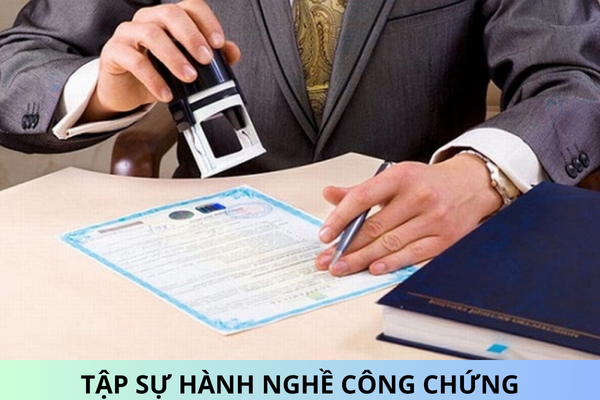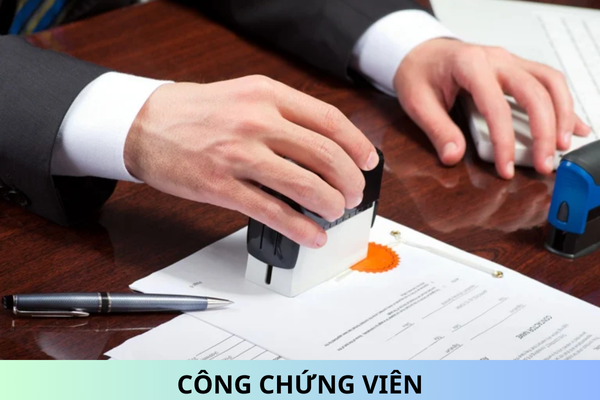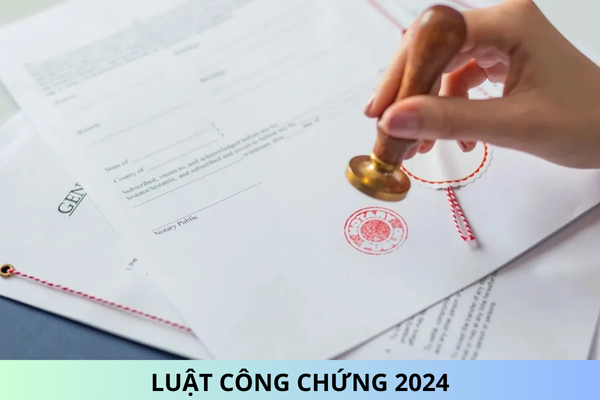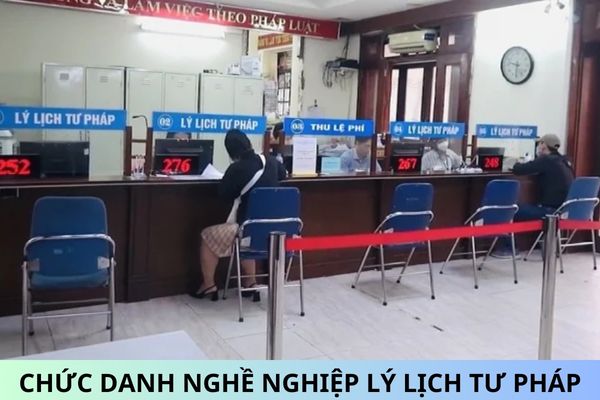Is it possible to use electronic identification cards to carry out contract and transaction authentication procedures in 2025 in Vietnam?
Is it possible to use electronic identification cards to carry out contract and transaction authentication procedures in 2025 in Vietnam?
Based on Article 36 of Decree 23/2015/ND-CP (amended by Clause 2, Article 1 of Decree 07/2025/ND-CP) regulating contract and transaction authentication procedures:
Article 36. Procedures for authentication of contracts and transactions
- The requester for authentication shall present the original or a certified copy of the 9-digit ID card/12-digit ID card/ID card/ID certificate or passport, immigration documents/travel documents of international value still valid or present an Electronic ID and submit one (1) set of documents requesting authentication, including the following papers:
a) The draft contract, transaction;
b) A copy accompanied by the original for comparison of certificate of ownership, usage rights, or a replacement document as prescribed by law for assets that must be registered for ownership, usage rights in cases of contracts, transactions related to such assets; except in cases where the testator's life is in imminent danger.
- The person performing the authentication shall check the documents in the authentication request dossier. If the dossier is complete, at the time of authentication the parties to the contract or transaction are voluntary, alert, and able to control their actions, then authentication shall be performed.
- The parties participating in the contract or transaction must sign in front of the person performing the authentication. In cases where authorized individuals for contract signing of credit institutions, enterprises have registered their signature samples with the authentication-performing agency, they may sign the contract in advance; the person performing the authentication must compare their signature on the contract with the registered signature sample before performing authentication. If the signature on the contract is suspected to differ from the signature sample, the individual will be requested to sign in person.
[...]
According to the above regulations, the requester for authentication shall present the original or certified copy of one of the following documents and submit one (1) dossier requesting authentication when processing contract, transaction authentication procedures:
- 9-digit ID card
- 12-digit ID card
- ID card
- ID certificate
- Passport, immigration documents
- Travel documents of international value still valid
- Electronic ID
Thus, the requester for authentication can present an electronic ID to process contract and transaction authentication procedures in 2025.
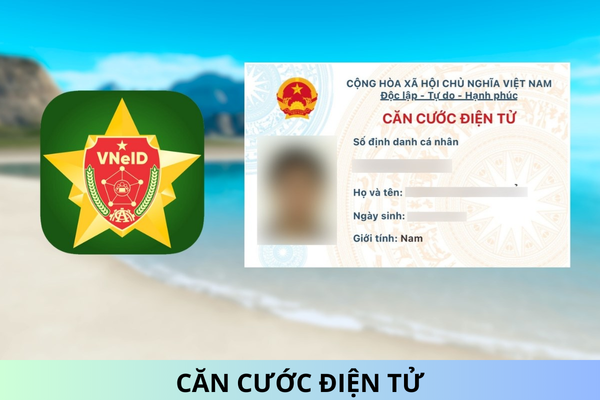
Is it possible to use electronic identification cards to carry out contract and transaction authentication procedures in 2025 in Vietnam? (Image from the Internet)
Is it possible to refuse contract and transaction authentication in Vietnam?
Based on Article 35 of Decree 23/2015/ND-CP on the responsibilities of the requester for contract, transaction authentication and the person performing contract, transaction authentication:
Article 35. Responsibilities of the requester for contract, transaction authentication and the person performing contract, transaction authentication
- The requester for authentication is entirely responsible for the content, legality of the contract, transaction; and the validity and legality of documents prescribed at Point c Clause 1 Article 36 of this Decree.
- The person performing authentication is responsible for the time, location of contract, transaction formation; the civil capacity, voluntary will, signature or fingerprint of the parties in the contract, transaction.
The person performing authentication is entitled to refuse to authenticate contracts, transactions with content contrary to law, social ethics.
According to the above regulations, the person performing authentication is entitled to refuse to authenticate contracts or transactions that have content contrary to law, or social ethics.
What acts are forbidden for notarial practice organizations in Vietnam?
According to Clause 2, Article 9 of Notary Law 2024 stipulating forbidden acts:
Article 9. Forbidden acts
[...]
- Prohibited acts for notarial practice organizations include:
a) Performing acts prescribed in points a, b, d, đ, e, g, i and l of clause 1 of this Article;
b) Opening branches, representative offices, premises, or transaction locations other than the headquarters of the notarial practice organization;
c) Allowing individuals not qualified for notarial practice or notaries who are temporarily suspended from notarial practice to perform notarization, authentication at their organization;
d) Allowing notaries to perform notarization, authentication at the organization when the notarial practice organization has had its establishment approval revoked.
[...]
Thus, notarial practice organizations are forbidden to perform the following acts:
- Disclosing information about notarization content, except when agreed in writing by the requester for notarization or as otherwise provided by law; using information about the notarization content to harm lawful rights and interests of individuals, organizations, and the State’s rights and interests
- Performing notarization in cases where the purpose, parties, or content of the transaction violates the law, contrary to social ethics; inciting, facilitating individuals participating in transactions to perform sham transactions or other fraudulent acts
- Harassing, causing difficulty to the requester for notarization; receiving, demanding money or other benefits from the requester for notarization beyond notarization fees, fees, service charges related to notarization as determined, agreed; receiving, demanding money or other benefits from third parties to perform or not perform notarization
- Forcing individuals, organizations to use their services; colluding, conspiring with individuals, organizations to falsify content of notarization application dossiers, notarization records
- Spending money or other benefits, exerting pressure, threatening or committing acts violating the law, contrary to social ethics to gain an advantage in notarization
- Advertising in mass media about notaries and notarial practice organizations
- Participating in managing enterprises, cooperatives, or cooperative unions outside of notarial practice organizations; engaging in brokerage activities or participating in profit-sharing in transactions they notarize; conducting business or providing services beyond the scope of notarization, authentication
- Investing fully or contributing capital with other notaries to establish, receive transfer of the entire capital contribution of all partnership members of a Notary Office organized and operating as a partnership without participating as a partner in that Notary Office; contributing capital, receiving capital contribution, cooperating with organizations, individuals not being notaries to establish, receive transfer of the entire capital contribution of all partnership members of a Notary Office organized and operating as a partnership; investing to establish or purchase a Notary Office organized and operating as a private enterprise without being the Head of that Notary Office
- Opening branches, representative offices, premises, or transaction locations other than the headquarters of the notarial practice organization
- Allowing individuals not qualified for notarial practice or notaries who are temporarily suspended from notarial practice to perform notarization, authentication at their organization
- Allowing notaries to perform notarization, authentication at the organization when the notarial practice organization has had its establishment approval revoked.





